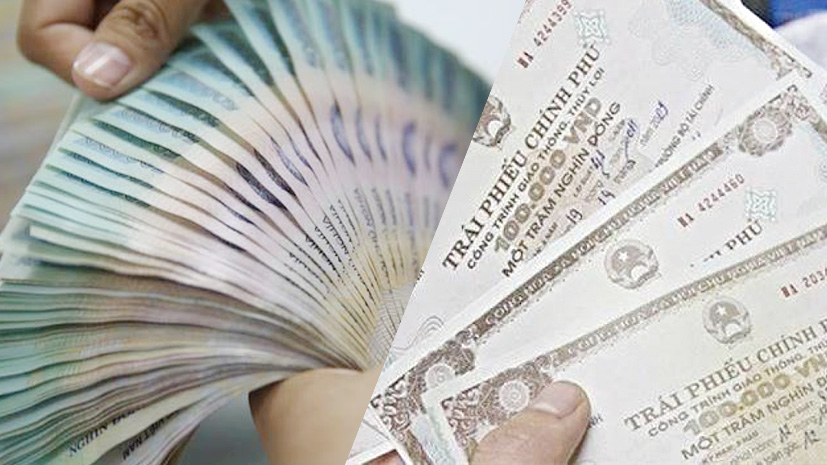Experts suggest issuing gov’t bonds on international capital market
Domestic capital market alone would would not be able to meet huge demand for Vietnam’s infrastructure upgrade.
The issuance of government bonds in international capital market is an option to mobilize funds for socio-economic investment projects in the coming time.
| Since 2005 to date, Vietnam has issued government bonds in international capital markets three times. File photo |
Head of Prime Minister’s Economic Advisory Council Nguyen Duc Kien gave the remarks at a conference discussing Vietnam’s strategy amid changes in global financial system this week.
“In the 2021-2030 period, Vietnam’s needs for capital to upgrade economic infrastructure, especially essential projects in transportation, energy and IT are huge,” said Kien.
Under Vietnam’s Power Development Plan for the 2021-2030 period with vision to 2045, the country would require an estimated US$13 billion per year in investment capital, while the draft master plan for road transportation development in 2021-2030 expects around US$2.5 billion annually to upgrade the road transportation network.
“Given the country’s economic size of US$343.6 billion as of late 2020, Vietnam would face a huge task in mobilizing the required capital needed to support socio-economic development in the coming time,” Kien noted, saying the domestic capital market alone would not meet such huge demand for infrastructure upgrade.
Meanwhile, fiscal deficit in the 2016-2020 period averaged 3.45% of the GDP, while public debt as of 2020 rose to 55.3% of the GDP, government debt of 49.1% and foreign debt of 47.3%.
“All these ratio are below the threshold limits set by the National Assembly for the period and also the resolution of the 13th Party Congress [public and government debts not exceed 60% and 50% of GDP], therefore, the government still has room to further issue its bonds to raise capital, and international capital market is an option,” Kien continued.
According to Kien, the average interest rates in international financial markets are low, which allows the Vietnamese government to issue bonds with even lower nominal interest rates to reduce pressure for debt payment.
Since 2005 to date, Vietnam has issued government bonds in international capital markets three times, in which the latest move on 2014 was provided with interest rates significantly lower than the previous two.
Kien, thus, proposed the government to draft a plan to issue mid-term bonds in global market, along with effective mechanism to use such funds.











